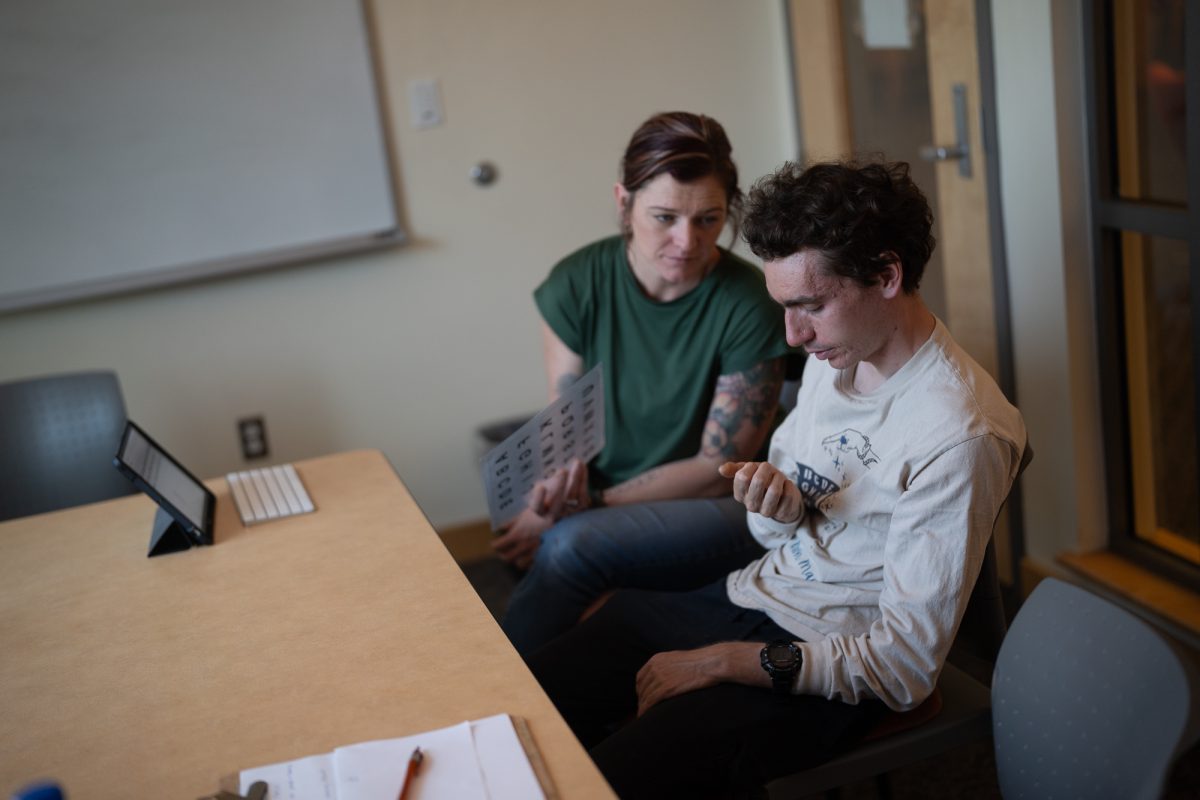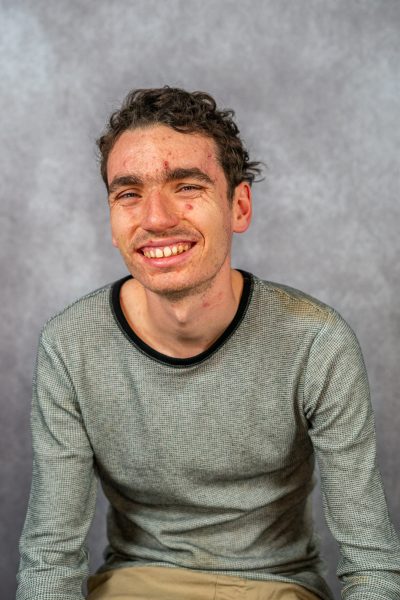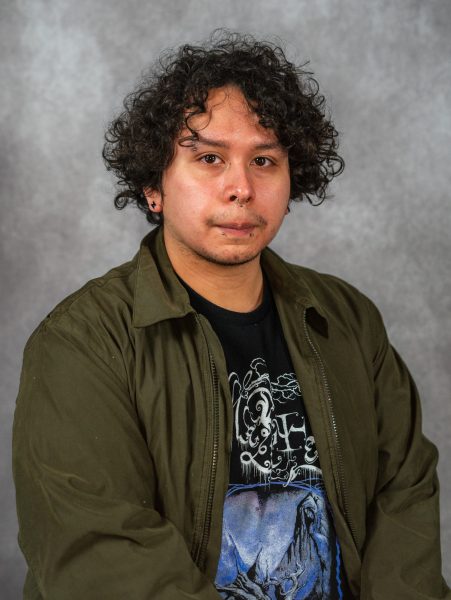It’s April again, and the world is asked to acknowledge autism. However, Autism Awareness Month feels trite as it’s my world every day. It’s my superpower, but also a pain in my ass.
Making my way in the world is an endeavor of a heart that must stay open in the face of unconscious bias.
Autism has many gifts and a myriad of challenges. I embrace the things that make me unique. Seeing colors around people alerts me to their energy and feels like a strength. It helps to gauge whom to approach and when to brace for impact. A highly sensitive sensory system allows me to perceive input that others might overlook. If only I could channel sensory stimulation and control it at will, then I’d give Superman a run for his money.
But let’s face it, standing out isn’t preferred in most situations.
Autism Awareness Month begs society to pay attention to and accept us. But is the neurotypical environment configured with our unique needs in mind? I think not.
The most staggering expectation is that we speak. Verbal output is directly linked to society’s perception of intelligence. Yet, I “think” and have worthy input to contribute. Minor detail — I need to spell on a letterboard for my voice to be heard, as my limited speech is often unreliable. In conversation with speakers, this can create awkward silence.
Autistic individuals think and act differently from neurotypicals. When I go to school, I must mask my interest in kiddie shows and balloons. The other day in class, I kept saying “hi” over and over to no one in particular. Having my mouth go rogue on me is frustrating. I look weird at times, with my arms over my eyes.
Masking is something everyone can recognize. It can sneak its way into your moments without warning. It’s what’s happening anytime you stop being yourself for another person or situation. Not saying what you feel for fear of repercussion or pretending you’re OK with something to avoid being the odd man out — it’s all masking, and we all do it. Autistics tend to feel the pressure in an all-consuming way that can lead to devastating consequences. The constant need to mask can lead to meltdowns, withdrawal or self-injurious actions or behaviors. When we mask, it erodes our mental health. Everything we do or don’t do sets us apart.
Understandably, I want to mask my autism, but it only gives me more anxiety. At this point in my life, I need to be my true self.
People who don’t know me may be confused at first by my reactions to my environment, but understand I’m giving my all every day to have my body cooperate.
Understanding autism is almost impossible. It has its ups and downs: one moment you’re feeling in control, the next you’re overwhelmed. It’s hard for me to comprehend what’s going on with my body since it doesn’t always obey my mind, but giving up isn’t an option.
Having ways to express myself is paramount to my well-being. Writing poetry, prose or making art helps me feel connected to my inner creative life. It connects me to a community of talented others who share these passions.
Including someone with autism isn’t something most people know how to do. The world might see me as a cute pet. Pets are nice for company, but you can’t have a conversation with them. I yearn to be seen as worthy of having intelligence to share.
We’re not as scary to be around as one might think. Having autistics in your surroundings might bring new freedom to those living trapped inside society’s pressure to be normal. In our world, the only thing you can expect is the unexpected. You can imagine this has an unsettling effect on the general public. But don’t be intimidated to engage us. You can join us in a space where being your authentic self is involuntary and celebrated.
It’s not unusual for us to lack the body control to respond in a way that is easy to recognize. Some autistic individuals can’t control their facial muscles, but give us a smile, and know we feel it. Tell us your story, and know we hear you. Rest assured, we understand even if we can’t show it.
One month is not enough for autism awareness.
We must stand up for our rights to communication access, inclusion in classrooms, theatres and public spaces every day.
We must pay attention to the issues in our larger world, such as looming Medicaid/Medicare cuts that affect healthcare and community-living services for people with autism and other disabilities.
According to U.S. Rep. Mike Thompson, who visited The Oak Leaf News, federal Medicaid dollars come to California to fund MediCal. One in three healthcare patients is a recipient of Medicaid. Taking a third of the funding out of healthcare will destroy services. A huge cut is now under consideration in Congress.
You can be an autism ally by opposing these cuts.
“If you have a pocketful of gold and you go to the doctor and say I need this healthcare and they’ve had to cut whatever you need, you take a hit,” Thompson said.
He added: “We’re going to keep going, keep fighting.”
These words apply to autistics everywhere.





